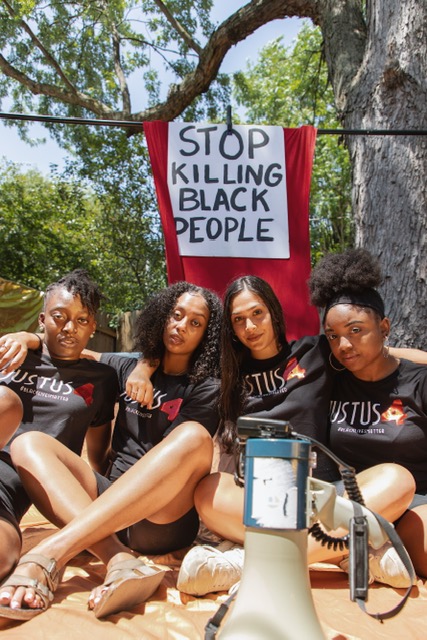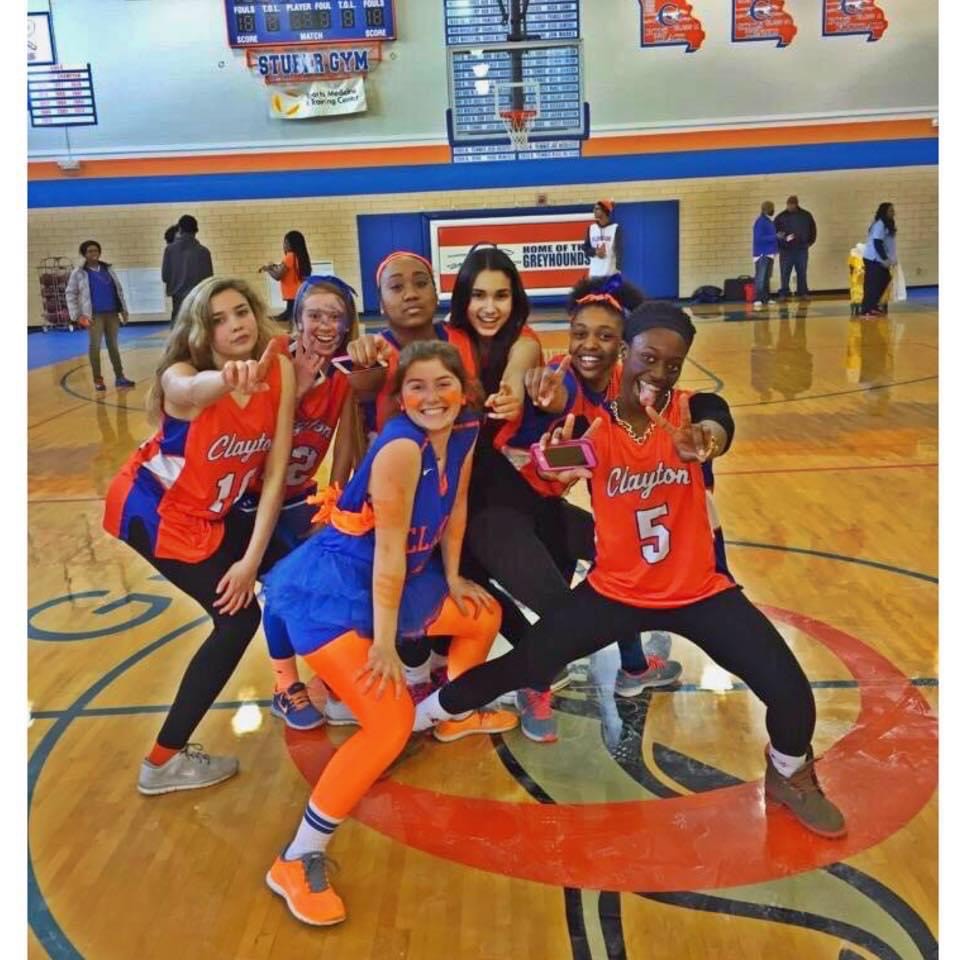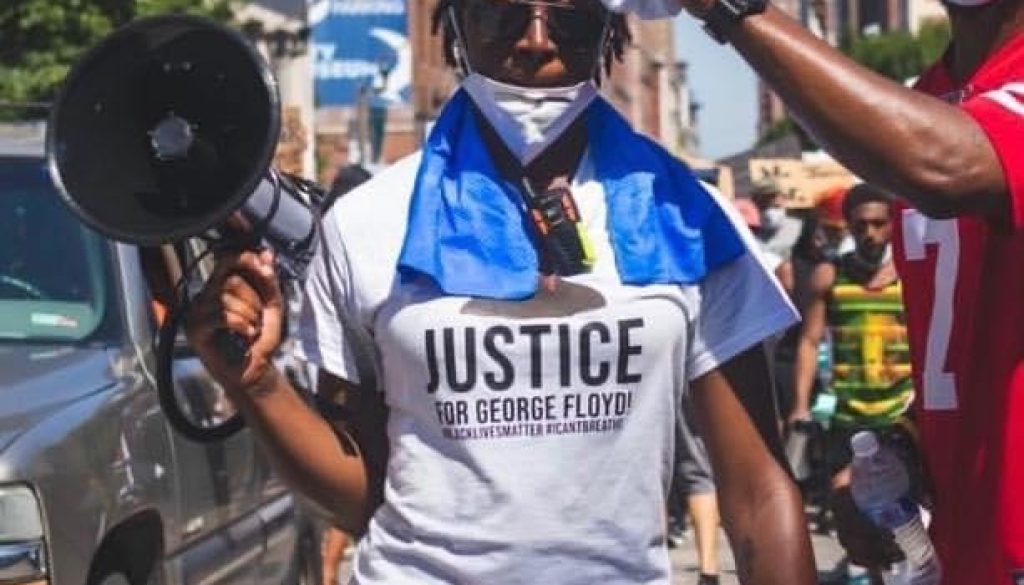‘I’m looking back with a whole different lens…’

Brooke Jones is a biology pre-med major at Xavier University. The St. Louisan grew up in the Clayton School District and was an accomplished student-athlete in high school. She is among those leading a petition effort that calls for enlightened hiring policies and better treatment for minority students in the district.. Below are excerpts from an interview with Richard Weiss about Jones’ experience as a minority student at Clayton High and her activism.
Weiss: How did you find your way to Clayton schools?
Jones: My family, all of my cousins, and my half-sister, we’ve all gone through the Clayton School District through the VICC program.
Weiss: Tell me how you look back at being a person of color in the Clayton School District?
Jones: I feel like I definitely have more of a perspective than I did while I was in the district. Maybe that just came with age or knowledge, I’m not sure. But I find I’m looking back on it with a whole different lens. You know, starting in kindergarten, just reflecting on it now, there were times where, me and a counterpart, who was white, would do the same things, you know, and I would not get a snack, or I would miss recess when it seemed the other kids weren’t in trouble.
Teachers would often change their dialog with me and my counterparts. They’d see me and be like, “What’s up with you?” Kind of like trying to use a slang or vernacular that very obviously they don’t use. But they changed it to what they thought was the level of a black student. Just those slick changes in dialog and dialect that are prejudice.
Weiss: So, they were code-switching on you?
Jones: Yes. Often code-switching. That was present in students and staff. Lots of code-switching. When it came to high school, in particular, teachers were apprehensive, and I would say … especially apprehensive, there were barriers in a sense, as far as taking harder courses, Honors and AP. When I brought this up to one particular teacher, as far as my entrance, freshman year, and taking harder courses for the remainder of high school, she told me that she thought that I would maybe be able to achieve C’s in Honors and AP courses, when, looking back at my grades, I had got all A’s, freshman year. So, why would you assume I would get a C if I just achieved all these A’s in every course?
And, just seeing a lot of my counterparts, as far as black students, being placed in remedial classes, and slowed down courses rather than being in the same classes as me. It was hard for me, looking back, to believe that so many black students needed slow classes, or reading assistance, or the math class that slowed it down tenfold.
Weiss: Did you ever complain about the treatment and try to have a discussion with an administrator about it? Or, did your mother do that, on your behalf?
Jones: My mom often addressed the prejudice and stereotypes. My sister and I both were often asked where we got our clothes from, and if my mother was a booster because we dressed so nicely at school. She often complained about those type of statements being made and to her children, like accusing my mother of being a thief because we’re two black girls who can dress nicely.
Weiss: So, you’re showing up at school, with nice clothes, and people are saying, “Where did you get those nice clothes?” Sort of implying that your mother, who lives in North St Louis, couldn’t possibly afford them, so she must have stolen them? Is that what the implication was?
Jones: Yeah, they would ask me and my sister … mostly staff, honestly, kind of slickly, is my mother a booster? Where could she have gotten those clothes? (Editor’s Note: the Urban Dictionary defines booster this way.)
I also want to mention that in my senior year, that was the year that Trump was inaugurated.
Weiss: I was going to ask you about that.
Jones: I was the president of the Social Justice Club, and I had formed a protest, or walkout, against Trump’s inauguration, and it just happened that his day of inauguration was also the date of the basketball team’s game against a rival team. When the administration had realized that my walkout, or protest, was gaining traction and attention from the school, they pulled me from class and told me that, if I attended my protest, I wouldn’t be able to play in the rival game that night. Basically, you’re not allowed to play in a game or participate in athletics if you have an unexcused absence the day of the game.

I played in the game, because I thought about it, and I was like, “You know what, I have a commitment to these 15, 20 other girls. I can’t let them down.” Thankfully, the protest was successful without me.
Weiss: Are you glad you attended Clayton schools?
Jones: I’m grateful for the experiences that Clayton offered me. It showed me a different side of life, a side of living. Coming from the inner city every day, headed to Clayton, I was able to see a bit as far as income, as far as living standards, as far as funds, lives, professions. … So yeah, I think I had a lot of great experiences at Clayton. Just, there are things that I feel Clayton could work on as far as making minority students feel more comfortable, included, and respected.




